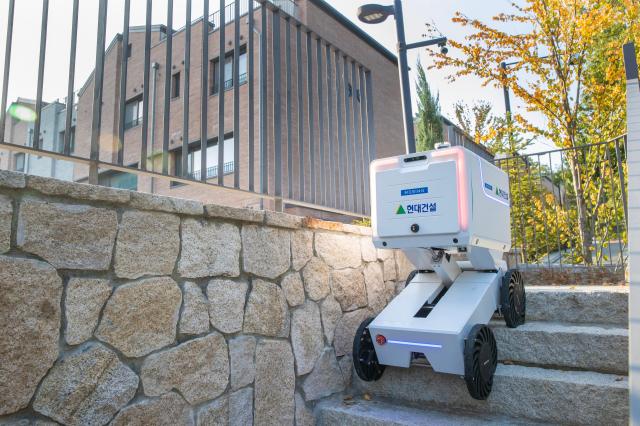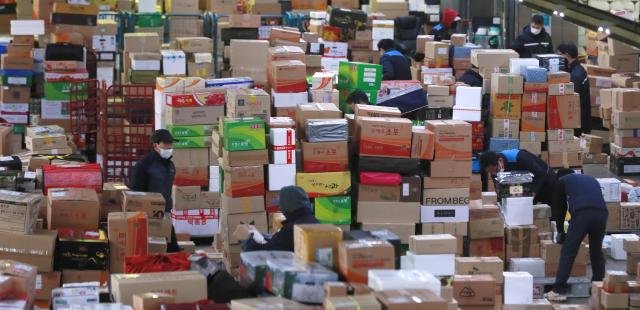
SEOUL -- Online megastore sales of products that arrive at customers' doorsteps through one-day and instant delivery services have increased during summer thanks to a series of heat waves and the long rainy season that poured down rain about 200 percent more than the annual average of rainfall in South Korea.
South Korea defines hot summer weather that reaches a temperature of more than 33 degrees Celsius (91.4 degrees Fahrenheit) as a heat wave. The year 2023 is the third-hottest year in South Korea's history with 19 days of heat waves between June and August. The hottest year was 2018 with 35 days of heat waves.
Along with a series of heat waves, 2023 also experienced the third-longest rainy season in South Korea's history. It rained for 26 days in June and July with an average accumulated rainfall of 648.7 millimeters. The average accumulated rainfall during the summer rainy season between 1991 and 2000 was 356.7 millimeters.
According to Homeplus, a megastore franchise operator, the number of air conditioners sold through its online store between July 24 and August 9 this year increased by 686 percent compared to the same period in 2022. Portable electric fans were also popular with increased sales of 539 percent and sales of air circulators increased by 215 percent.
According to Homeplus' sales data, customers preferred quick-delivery services such as overnight delivery or instant delivery services. The megastore franchise operator said that sales of its one-day delivery service increased by about 13 percent compared to the same period last year. Instant delivery service which delivers products within an hour became extremely popular to see its sales increase by 45 percent.
Homeplus analyzed that customer-tailored services based on consumer preferences and weather prediction data have helped the hypermart store operator nurture its sales growth. Quick-delivery services became very popular during the COVID-19 pandemic thanks to people ordering groceries through delivery services in an effort to avoid crowded shopping malls and supermarkets to prevent the spread of the infectious disease.




